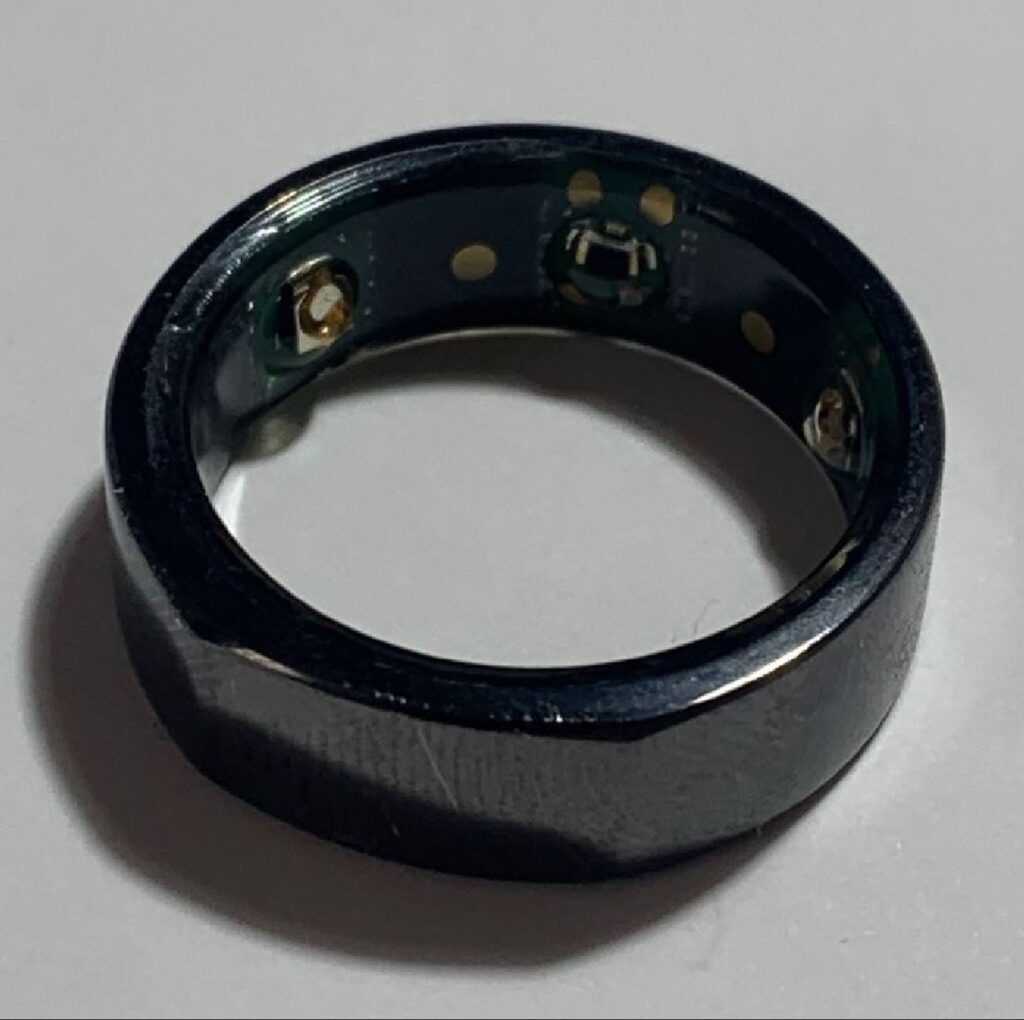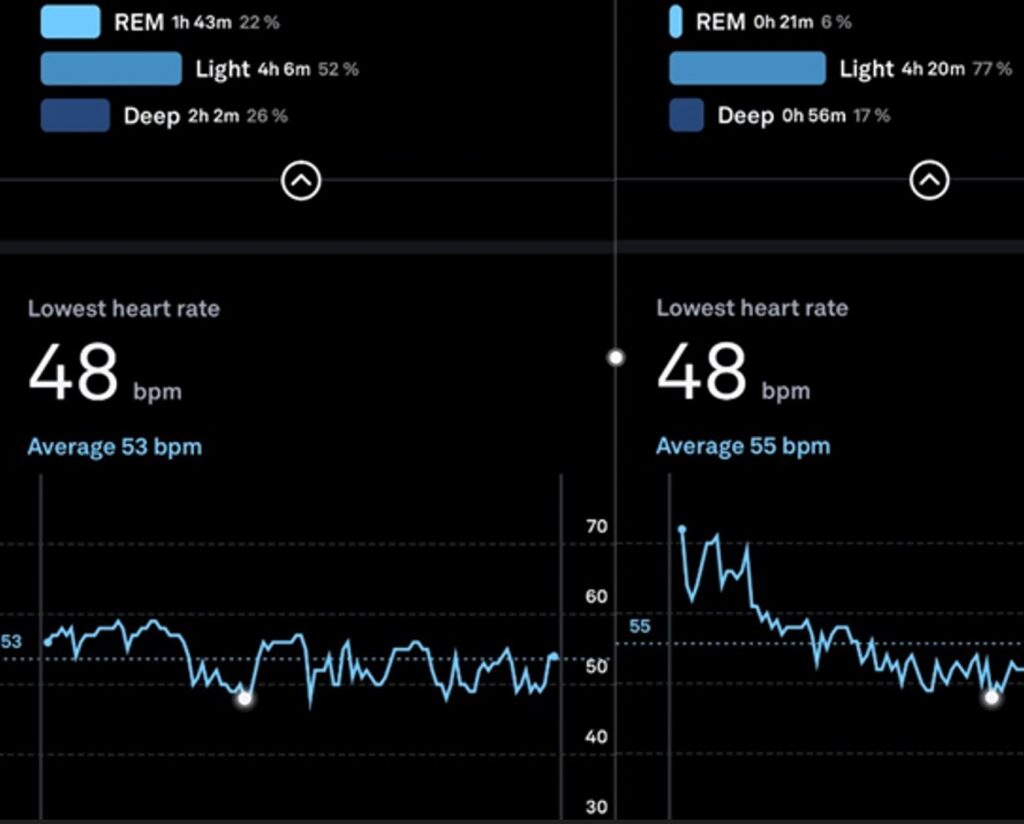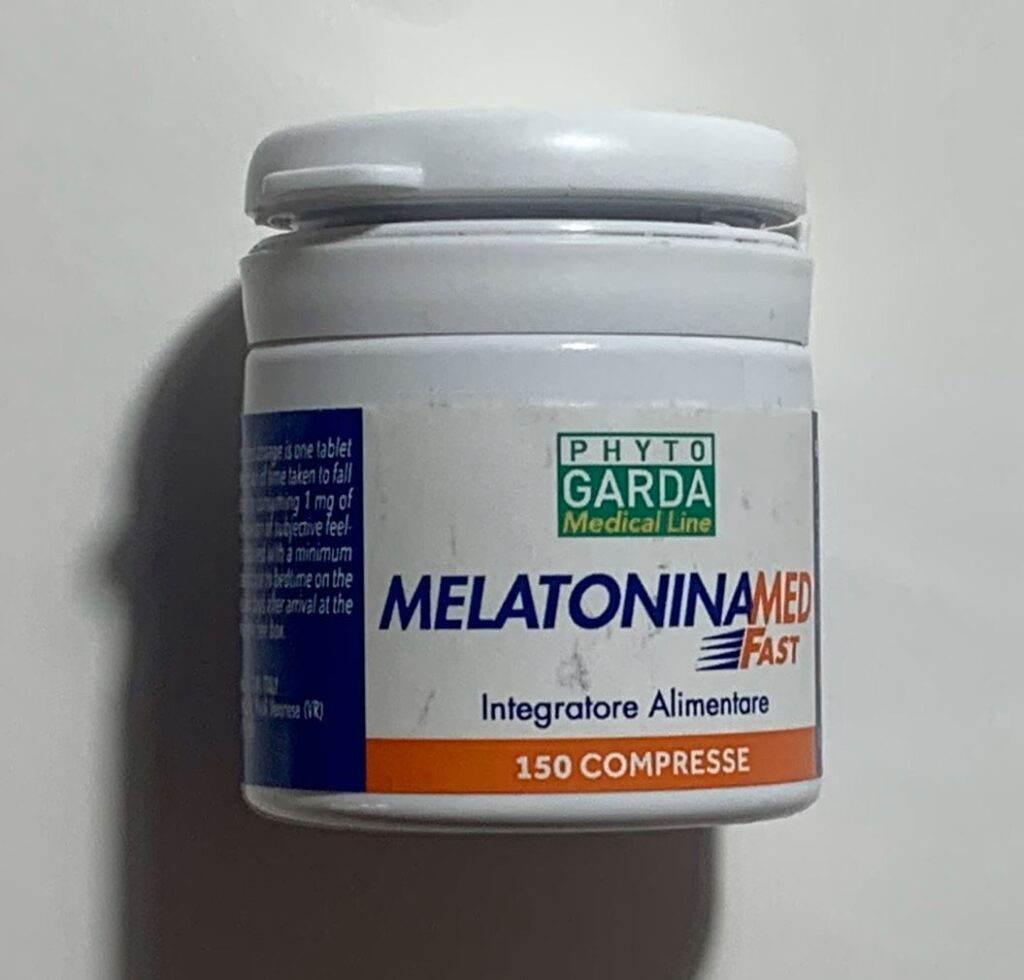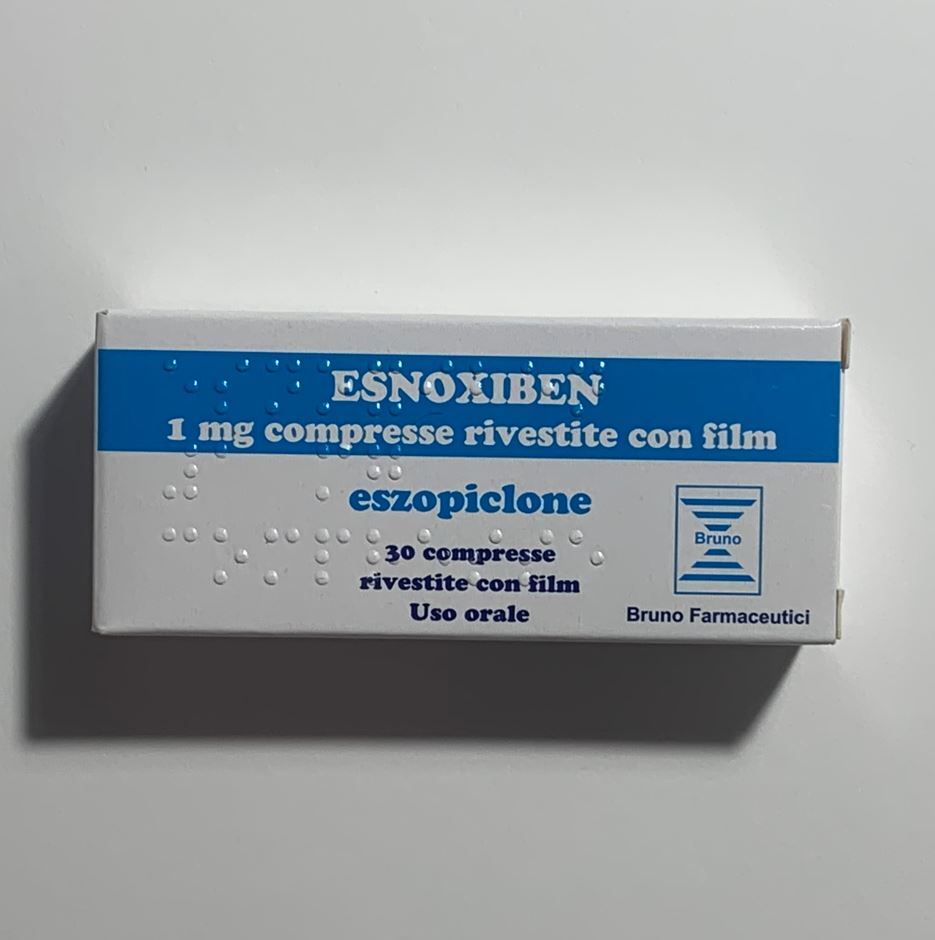Getting a good night’s sleep is one of the best time investments I can make, as it gives me the energy and mental clarity needed to perform well in life. It also makes me more alert, energetic, motivated, creative, and happier.
Conversely, whenever I am sleep-deprived, I am more prone to distractions, worse at everything, and I enjoy things less. For me, bad sleep dwarfs the physiological and mental detriments I experience from a bad diet or no exercise.
During university, I have had extended periods of time during which I only slept for five to six hours per night. In retrospect, cutting down on sleep was a very unproductive thing to do. My performance was worse, and so was my metacognition. Furthermore, I was often working on the wrong things. Even when I was working on the right things, I was easily distracted. In retrospect, I was constantly semi-“drunk” and everything was hazy.
Now, my sleep is great, and improving it has been among the most fruitful things I ever did.

Wakefulness is sort of “low-level brain damage” and sleep is necessary to reset the brain because there are a large number of cellular processes that can only be carried out during sleep. These include clearing out metabolic detritus, reregulating the expression of a large number of neuronal genes, executing hundreds of cellular housekeeping tasks, and synaptic regulation.
Therefore, without sufficient sleep, the nervous system is dysregulated. And my nervous system is responsible for many things I value.
Sleep is necessary (but not sufficient) for good pattern recognition, memory consolidation, metabolic integrity, hormonal health, executive functions, emotional control, focus, creativity, and life enjoyment.
Good sleep is also important for emotional stability. There is no mental illness in which sleep is normal – bidirectional causality. Furthermore, good sleep is crucial to willpower – which is crucial to everything else.
What follows are several strategies that have helped me to improve my sleep.
I will now briefly discuss each.
Going to bed at the same time (regularity)
I find that one of the best things I can do for better sleep is go to bed at the same time each day (+/- 30min). It’s not just the total hours of sleep each night that matters but also how my sleep time aligns with how my circadian rhythm is entrained, which changes the timing of sleep stages.
For example, if I go to bed later than usual, even by just one hour, my sleep quality is going to be worse, even if I sleep for the same amount of time. I feel less refreshed the next day, and I tend to procrastinate more. I believe that I am more sensitive to this than other people.
Early to bed, early to rise
My preferred sleep time is 22.00-06.00. Fortunately, I am naturally a morning lark and I do not have to fight my genetically influenced chronotype.
There seems to be evidence that under truly natural conditions, such as if electronics are taken away from people, most people have somewhat similar chronotypes and most prefer going to bed before 22.00. Most people also have better sleep quality if they go to bed earlier rather than later, even if total sleep time remains the same.
Pitch-black dark
I make sure that my bedroom is very dark (so dark that I can’t see anything basically). I find that even tiny amounts of light worsen my sleep even if I subjectively do not perceive the light as disturbing.
The human eye is very sensitive to even minute quantities of photons, and whenever the retina captures brightness, it sends signals to different regions in the brain stem’s reticular activating system, which then triggers small changes in the release of acetylcholine and noradrenaline, leading to decreased sleep quality and micro-awakenings.

Some people claim that they can sleep “just fine” in non-dark environments. However, “just fine” is far from optimal and I find that making my bedroom pitch-black dark is a simple but powerful hack with a high return on investment.
I use blackout curtains and have covered all electronic lights with black tape. I do not use a sleep mask because when I do, I always end up pulling it off during sleep.
Quiet environment
Similar things apply to sounds. The brain stem is quite sensitive to auditory input and certain sounds are known to disrupt sleep quality. Using earplugs has considerably improved my sleep quality. I use Mack’s silicone earplugs, which I also use for studying.

Cold temperature
I make sure that my room is fairly cold. Year-round I also use a cooling blanket made of 80% nylon and 20% polyethylene, which absorbs heat from my skin and conducts it away, dropping skin temperature by 2-5 C.
In the summer months, I use a Chili Pad, which significantly improves multiple aspects of my sleep, such as sleep latency (how long it takes me to fall asleep) and deep sleep.
Because it boosts my productivity for 3-4 months per year, I consider my Chili Pad to be one of the most lucrative investments I have ever made.
I have also tried the Ooler sleep system, which is a little bit “better” than the Chili Pad. One of the major advantages of the Ooler system is that it can be set to warm up in the morning. However, I can do the same by connecting my Chili Pad to a smart plug that automatically turns off at 5 a.m.
One friend of mine sleeps on an Eight Sleep mattress, which he loves, though it is pricy.
Avoiding caffeine
I rarely consume caffeine. Even if I drink a few sips of green tea at night, my sleep is affected. I have met a lot of people who believe that they can drink caffeine in the late afternoon without their sleep being impaired. According to scientific data, this is bullshit, and quite a considerable reduction in sleep quality can be detected by polysomnography (even for people who think that their sleep is not affected by it).
I discuss caffeine in more detail here.
Alcohol
One of the most detrimental effects of alcohol is its adverse effects on sleep.
Subscribe to the Desmolysium newsletter and get access to three exclusive articles!
The last time I drank a double shot of tequila (I rarely drink alcohol), my REM sleep and SWS numbers were crushed, my body temperature was higher, my heart rate variability among the lowest it had ever been, and my Oura readings for sleep and readiness score were abysmal. Objective data aligned well with my subjective experience.
Some of my friends use alcohol (or THC) to wind down at night, and even specifically to help with sleep onset. However, alcohol is known to worsen sleep in any aspect other than sleep latency (how long it takes to fall asleep). Furthermore, if consumed chronically, rebound insomnia is likely to occur after stopping which perpetuates a vicious cycle.
A note on sleep trackers
I love the Oura ring, though I have not tried other sleep trackers. For me, my Oura data usually matches my subjective perception of my sleep quality quite well.

A couple of my friends were on their way to run into “sleep-tracker-induced sleep disorders” because they are so neurotic about their metrics. More data is not always better, and for hypochondriacs, or people who are overly neurotic, sleep trackers may take more than they give.
Avoiding large meals before bed
Eating a small meal close to bedtime has a negligible effect on my subjective and objective sleep data. However, eating a large meal close to bedtime requires a lot of energy for digestive processes, which drives up heart rate & body temperature, reduces my heart rate variability (HRV), and has me waking up feeling groggy.
Below are two screenshots of my sleeping heart rate. The left is “normal”, and the right is after having eaten a big meal before bed. I find the change in deep sleep and REM numbers quite impressive.

A large meal before bed is also known to interfere with growth hormone secretion, the majority of which happens in the first third of the night.
Carbohydrates at night
Whenever I eat a reasonable amount of carbs at night, my sleep seems to improve. Conversely, when I do not eat any carbs at night, usually I find it hard to fall asleep. This is presumably due to insulin’s stimulatory effect on the serotonin system and inhibitory effect on the orexin system, two systems intricately tied to sleep regulation.
However, if I eat a lot of “shitty” carbs too close to bedtime, I take much longer to reach deep sleep, and I feel a little groggy the next day even though my total sleep time tends to increase.
I discuss carbohydrates in more detail in the section on diet.
Exercise
Studies consistently find that exercise improves sleep quality, including total sleep time and increased slow-wave sleep. This aligns well with my personal experience.
If I go without exercising for a few days, my sleep quality declines. However, one downside of engaging in intense physical activity is that it raises my sleep requirements by approximately one hour.
Whenever I exercise too close to bedtime, I take much longer to fall asleep, and my heart rate and body temperature remain elevated for the first half of the night, preventing me from properly reaching deep sleep. This is likely caused by the uptick in metabolic rate and the microspike in cortisol levels. Taking a cold shower before going to bed seems to help a little.
I discuss exercise in more detail shortly.
Morning blue light exposure
After waking up, I use a 10.000lux daylight lamp as my desktop lamp. I believe that it does not really matter that much whether the light comes from the sun or a lamp as long as the cumulative light exposure, brightness, and wavelength are the same.
Because daylight brightness is obviously much brighter than artificial light I try to partially get around that by using my daylight lamp for about 2 hours. The daylight lamp I use is a Beurer TL41.
Right after waking up, I use light-therapy glasses (Luminette 3) for about 15 minutes at the highest setting. The main benefits of this are twofold. Firstly, the glasses shine light directly into my retina at a decent intensity. Secondly, I expose myself to light while I am going about my morning routine (e.g., bathroom, getting dressed, stretching, etc.). Both of these things would not be possible with conventional daylight lamps.

A friend who is prone to winter depression and usually uses a microdose of escitalopram to deal with the seasonal dip in energy & mood. He claims that using Luminette 3 for 30 minutes per day triggers a “switch” for him that normal light therapy does not.
I try to expose myself to bright light throughout the day. For example, when I am working at home my daylight lamp is usually on for multiple hours. I also use my light-therapy glasses for about 15 minutes once in the afternoon.
In the short term, exposing oneself to bright light in the morning stimulates morning cortisol release (which is a good thing). Furthermore, through direct retino-raphe projections, it also elevates serotonin signaling. The increase in cortisol combined with an increase in serotonin transmission helps with my energy and mood for the coming day. Bright light in the morning is thought to also affect the dopaminergic system.
In the long run, regular exposure to bright light in the morning synchronizes my circadian rhythm, potentiates the cortisol awakening response (CAR), improves levels of various neurotransmitters, and improves body temperature patterns. These effects are sustained even if I stop exposing myself to bright light for a few days.
Evening blue light exposure
Through extensive self-experimentation, I have found that, for me, moderate amounts of blue light at night have far less of an adverse impact on my sleep (both subjectively as well as according to Oura data) than what I initially thought it would have. Though, as with everything, there are probably individual differences in evening blue light sensitivity and it is probably best to avoid it if that can be done comfortably.
Supplements
I take 400mg of non-oxide-form magnesium, 5g of glycine, and 500mg of taurine before bed. All of these make a small, but measurable difference to my sleep quality. I was specifically surprised by the power of glycine. I discuss all of these in more detail in the section on supplements.
Melatonin
Melatonin is a double-edged sword.
- On the one hand, melatonin drops core body temperature, entrains the circadian rhythm, helps with sleep onset and quality, and amplifies growth hormone release during sleep.
- On the other hand, melatonin also controls seasonality and hibernation, and it downregulates the secretion of “energy” hormones (thyroid hormones, sex hormones, stress hormones), particularly at higher doses.

It is thought that small doses of 0.3-0.5mg can be safely taken long-term. Melatonin is not just useful to entrain circadian rhythm, but it may also help with sleep onset & sleep quality because it is a hypothermic agent.
I currently do not use it because I feel that I have a strong Circadian rhythm already. Furthermore, the risks and downsides, especially concerning the endocrine system, may outweigh the benefits. Interestingly, whenever I start to take it, for the first couple of days I wake up very alert and full of energy at 4 am, presumably because my circadian rhythm has been “confused” by exposure to the artificial spike in melatonin levels. However, this seems to go away shortly.
A couple of friends use 0.5mg extended-release melatonin with good results.
Other hormones
Next to melatonin, multiple other hormones affect sleep. These include testosterone, estradiol, progesterone, thyroid hormones, growth hormone, IGF-1, leptin, insulin, and cortisol. I discuss some of these hormones in more detail here.
The older one gets, the less REM and SWS and the more stage 1 and 2 (shallow sleep) there are throughout the night. This is partly related to the decline in growth hormone. After I had put my dad on a short course of a low dose of growth hormone, he mentioned how amazing his sleep had become and how rested he felt after waking up. The increase in sleep quality is one of the most common observations after people try growth hormone therapy.
Sleep apnea
A friend of mine has sleep apnea. Because of that, he spends very little time in slow-wave-sleep (SWS). Before treatment, he was always tired, he needed over 9 hours of sleep to feel at least partly rested and had what is called “excessive daytime sleepiness” (EDS). Getting a CPAP device and a device called “Velumount” significantly helped him, and so did losing body fat.
Sleep apnea is a serious condition that can strip years from a person’s life if left untreated. About 80% of people who have sleep apnea are currently undiagnosed, and sufferers are frequently not even realizing that they are waking up a ton, vacillating between non-REM light sleep and brief semi-conscious wake-ups, which prevent people to enter restorative deep sleep, eventually decreasing health, longevity, and well-being on a variety of dimensions.
Checking for sleep apnea is ideally done in a sleep lab.
Meditation
A couple of friends find meditation before bed particularly helpful when they are stressed out and their mind is racing. I personally can’t meditate at night, simply because I am not alert and “present” enough. I discuss my experience with meditation in more detail here.
Hypnotics (“sleeping pills)
I have experimented with all kinds of sleeping pills, and occasionally, I still use two of them. Because sleep drugs are technically not lifestyle interventions, I discuss them separately here: Hypnotics (“Sleeping Pills”).

Single-night sleep deprivation
I include this just because I find it interesting. I find that sleeping very little for a single night has potent stimulating effects on me, presumably as it boosts glutamate, dopamine, and cortisol levels.
Because of this, sleep deprivation is sometimes employed therapeutically to treat depression. Unfortunately, the stimulant and antidepressant effects do not last very long and are often paid for with a crash.
Subscribe to the Desmolysium newsletter and get access to three exclusive articles!
Sleep is necessary but not sufficient for feeling rested
I discuss other common (but often overlooked) causes of fatigue in more detail here: “I Am Tired All The Time” – 12 Overlooked Causes Of Fatigue
How I Biohack My Vitality
This article is a subsection of How I Biohack My Vitality.
Sources & further information
- Scientific study: Light therapy in non-seasonal depression: An update meta-analysis
- Book: Matthew Walker: Why We Sleep
- Podcast: Huberman Lab Podcast: Master your sleep & Tools for optimizing sleep
Disclaimer
The content available on this website is based on the author’s individual research, opinions, and personal experiences. It is intended solely for informational and entertainment purposes and does not constitute medical advice. The author does not endorse the use of supplements, pharmaceutical drugs, or hormones without the direct oversight of a qualified physician. People should never disregard professional medical advice or delay in seeking it because of something they have read on the internet.
